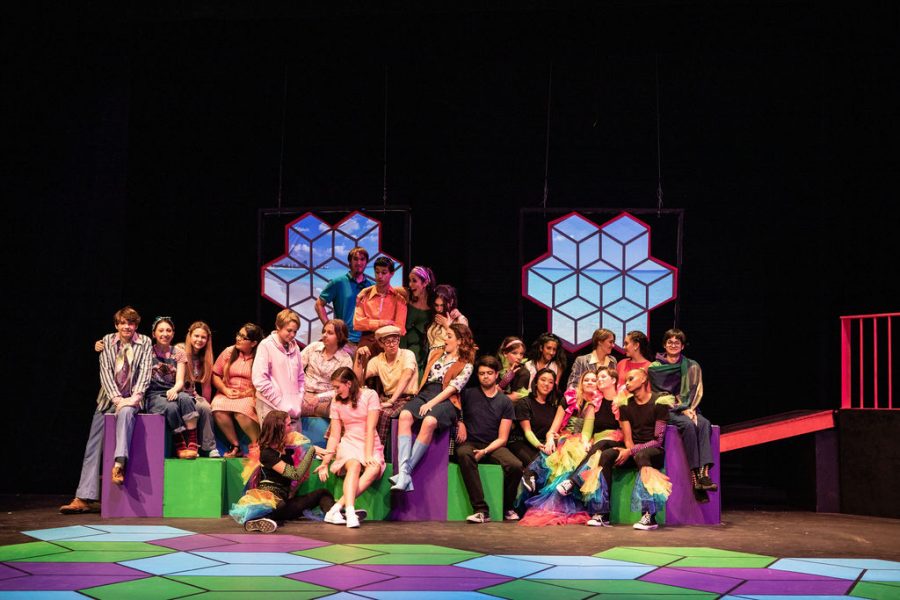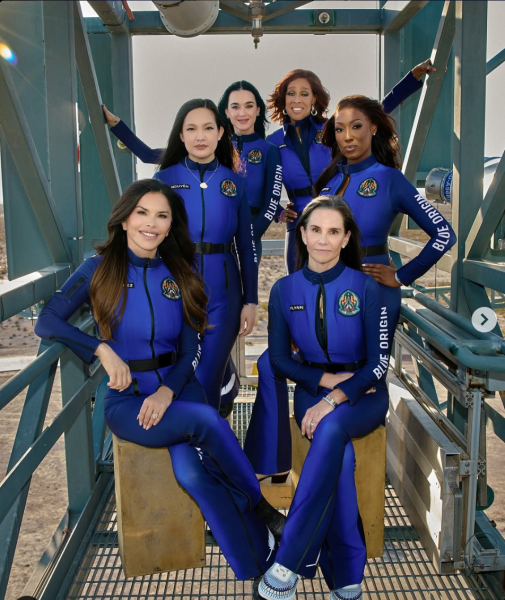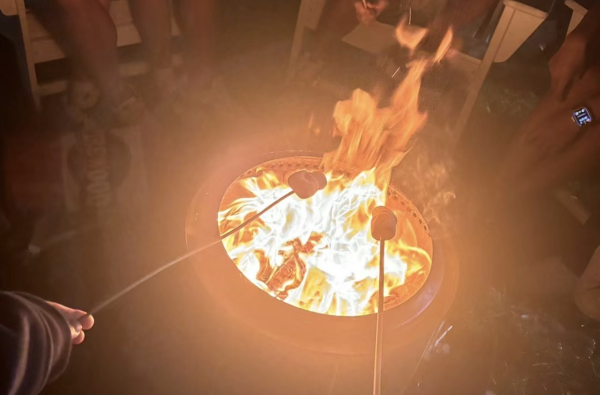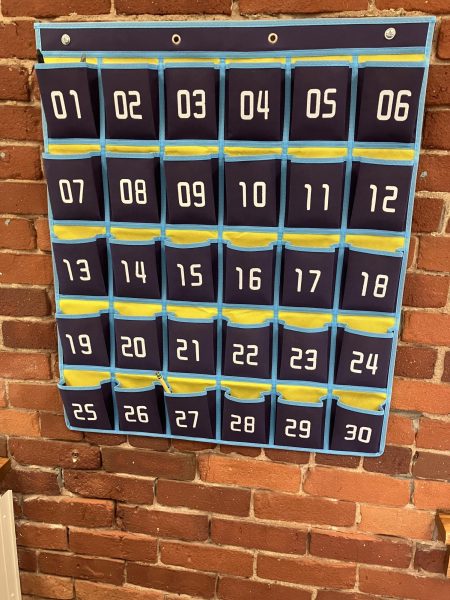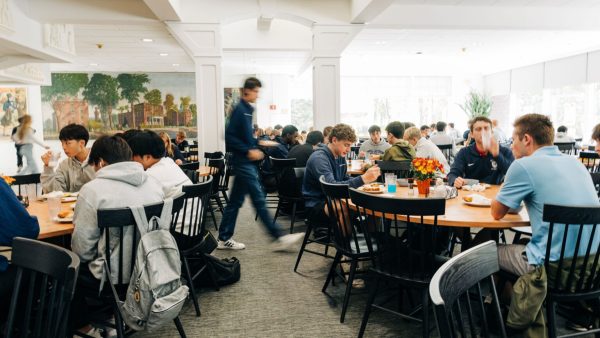Williston Theater Brings Inclusive Update to Shakespeare
The Williston Theater program brought a new and modern twist to its recent performance of “A Midsummer Night’s Dream.”
“A Midsummer Night’s Dream,” a late 16th-century Shakespeare comedy, involves a magic potion that creates confusion between the lovers of the story. The characters include: fairies, working class men, common people, and royalty.
Directed by Head of the Theater Department, Emily Ditkovski, the play consisted of more than 20 actors plus behind-the-scenes crew. The students rehearsed since the beginning of the year, and they spent about two to three hours every day practicing. The play, which opened October 31, ran for four consecutive nights.
Prior to opening night, The Willistonian spoke to Ditkovski. She said she chose this play because she knew, from the beginning of last year, that she wanted to do a Shakespeare play, “and this felt like the perfect choice.” Ditkovski called it “super wacky and silly, but also very relatable.”
She said she was excited to see the curtain finally go up and see the end result of all the students’ hard work. She said she’s also happy that she’s fostering a chance for the Williston community to get “excited about Shakespeare.”
Ditkovski said despite the comedic nature of the play, getting the work ready for an audience required incredible diligence. “People may not understand that comedy is incredibly difficult because everything has to be extremely precise,” she said. “It’s almost like choreography. Getting that level of precision onstage is always a challenge.”
Her favorite part of the entire play is a special moment that involves the whole cast, put together by Brie Banas ’20. She likes it because of “the outstanding student leadership.” Brie told The Willistonian she is keeping the moment “a secret.”
There are some notable changes in Williston’s adaptation of the play. A traditional male character, Lysander, will instead be played by a female, and called “Lysandra.” The fairies are also non-binary characters.
“Many people are updating Shakespeare in this way to include more LGBTQ characters and perspectives,” Ditkovski explained, “so I am following great theatres like The Globe in England.”
A freshmen actress, but a veteran to theater, Liz Gluz, plays a fairy named Peaseblossom. She admitted Shakespeare’s Early Modern English is difficult to decipher, but she relied on emotions and actions to convey meaning. “Everybody is doing such an incredible job!” she said.
Nina Renkert ’20 is a fan of Shakespeare because of the messages The Bard’s plays communicate to the audience.
“My favorite thing about Shakespeare is that although it was written a while back, it transforms to the time it’s in,” she said. “It’s flexible, and it works in so many ways and it will continue to into the future.”
Zach Demetriou ’21 is the Assistant Stage Manager; his backstage responsibilities are to “make sure people and props are in their proper place and deal with problems during the show if and when I tell them about them.”
Zach mentioned some of his major responsibilities behind the curtain in an email to The Willistonian.
“Telling board operators when to make the lights, sounds, or projectors change, filling in for people who are missing by reading their lines, taking down notes on all stage actions so if someone has a question they can ask me, acting as a communicator between the actors and the costume and set designers and director, sending out rehearsal schedules via email.”
Margaret Strange, a six-year senior, brings years of experience to her acting role. In previous shows, she’s managed the stage, which includes operating the stage lights, and she explained the importance of this job.
“Behind the curtains on the sides, the legs, are the wings where actors wait to go on stage,” Margaret said. “Once all the light cues are set, they are relatively easy – the tricky part is calling each cue on time.”
Margaret explained that the lights have a “huge impact on the play because they set the mood for every single second. If the lights change, the mood will change and the relationship between the actors and the audience can change.”
Brie Banas ’21 has been in multiple plays during her time at Williston. She is very excited about the people she’s putting the play together with. “I look forward to creating art with my best friends with the hope that we will be able to change our community’s mindset in some way,” she said.



